
- Article
- Article
Electrical epilepsy and the EEG Test
The EEG (electroencephalograph) literally electrified the diagnosis and treatment of epilepsy. But for Aparna Nair the dreaded EEG tests of her adolescence were a painful ordeal.

- Article
- Article
The problem of the punctured heart
During World War II a young American surgeon working in England perfected shrapnel-removal techniques that saved dozens of lives. Discover how one case sealed his reputation as the founder of cardiac surgery.

- Article
- Article
Demanding a diagnosis for invisible pain
After dozens of hospital visits and handfuls of painkillers, a plethora of scans and tests bring diagnosis closer for Jaipreet Virdi.

- Article
- Article
Medieval doodles
Fish, lute players and defaced demons: marginal doodles in some of Europe’s first printed books provide a tantalising glimpse into the late-medieval mind.
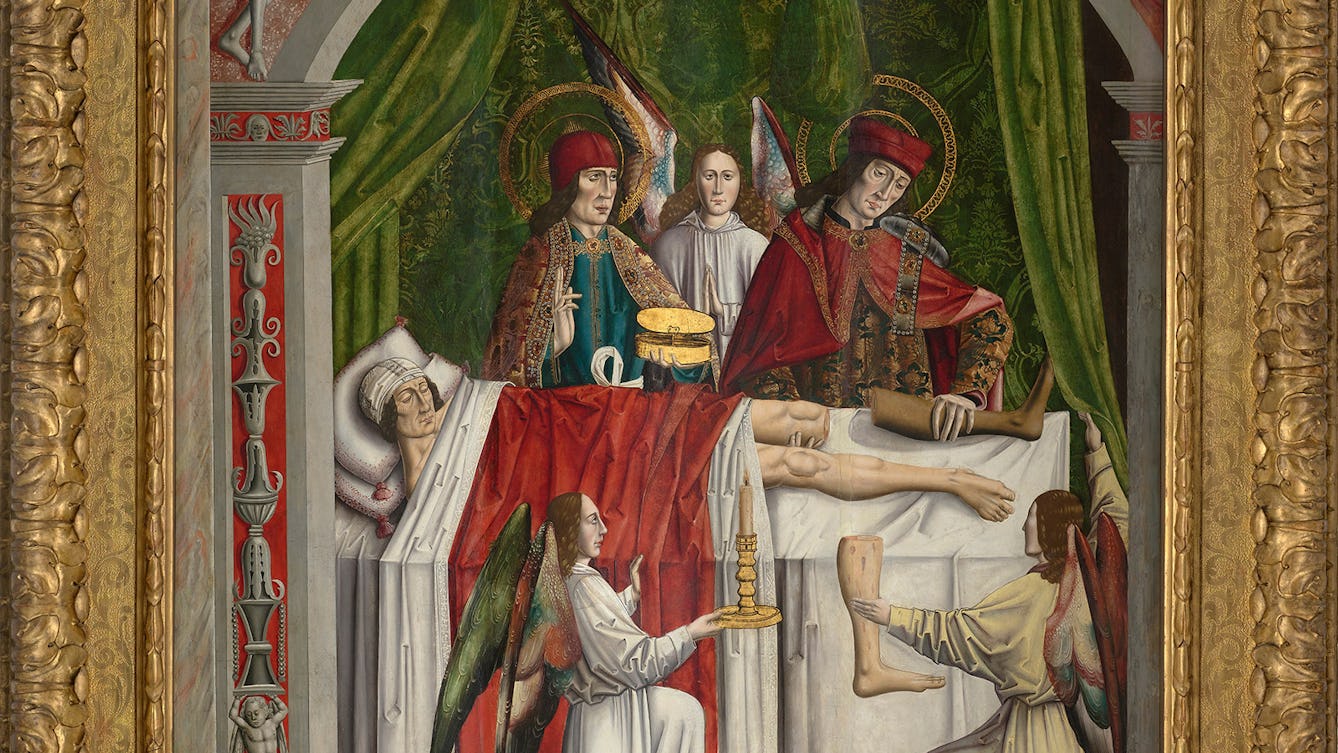
- Book extract
- Book extract
You, a thousand years ago
Jack Hartnell argues that, if we were transported into the medieval past, we’d find ourselves somewhere different yet strangely familiar.

- Article
- Article
A graveyard of plants for the people I love
Searching for her own ceremony to acknowledge the passing of her grandmother, Jennifer Neal turned to plants. The ritual she created was personal and loving, and celebrated life as well as acknowledging loss.
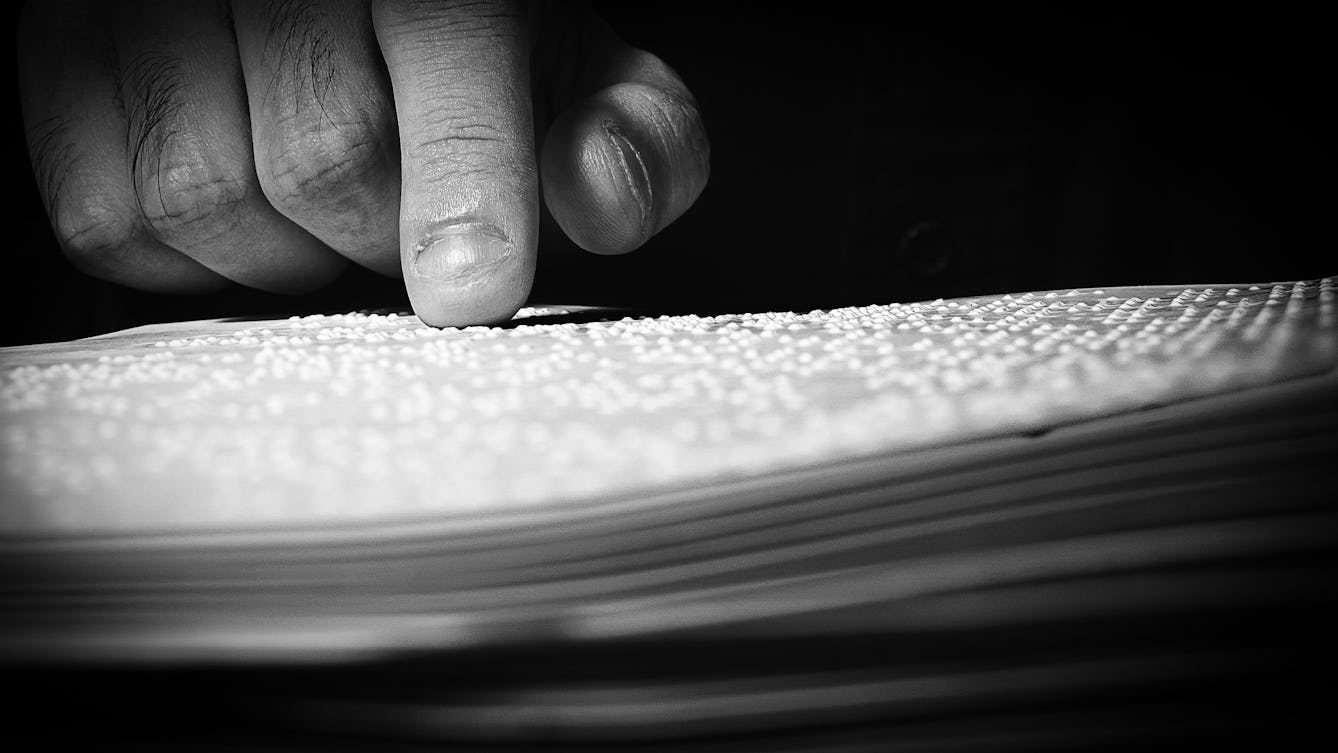
- Article
- Article
Bringing Braille back to the modern world
For anyone who thinks Braille is so last century, read on. New tech is helping dust Braille down and bring it to today’s visually impaired people.

- Article
- Article
The complex longing for home
It could be mild, an almost poetic longing. Or it could be visceral, deep, an overwhelming feeling that eats into your everyday life. Come with Gail Tolley as she introduces a deep dive into homesickness.

- Article
- Article
‘Jessy’, a film about cerebral palsy
How the 1950s British film industry portrayed this disease.

- Article
- Article
Parks and politics in Brixton’s past and present
Gentrification is creeping along Railton Road, but racial inequality still lingers in memories of the 1980s, and in the continuing lack of green-space access.
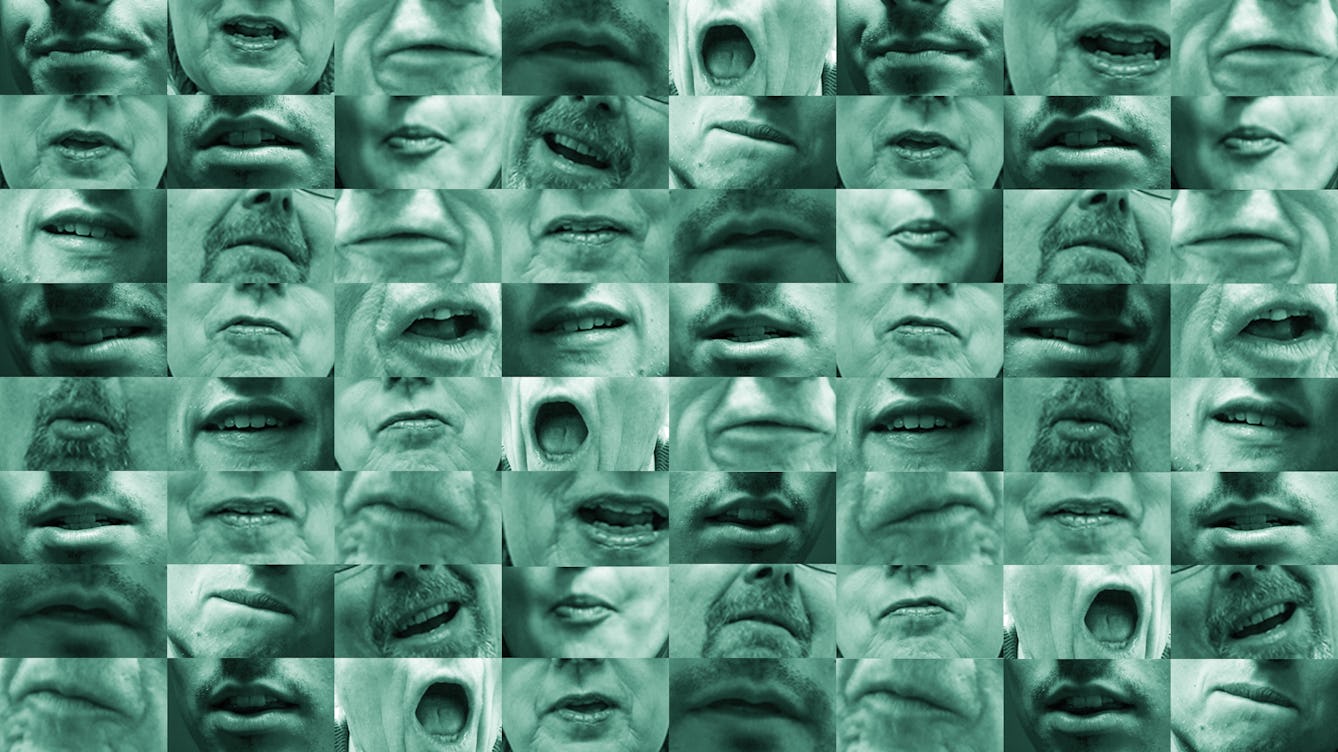
- Book extract
- Book extract
Out of the mouth trap
After 15 years of speech therapy, Jonty Claypole decided to make peace with his stammer. He explores our fear of disfluency, revealing how accepting it could actually increase our creativity and persuasiveness.

- Article
- Article
The extraordinary body of Evatima Tardo
Darling of 19th-century American freak shows, Evatima Tardo remained serene as she withstood crucifixion and the bites of poisonous snakes. But she took the secret behind her abilities to her grave.

- Article
- Article
Fantastic beasts and unnatural history
Find out how a 17th-century compendium of the natural world came to present fantastical beasts –like dragons – as real, living creatures.

- Article
- Article
Can our sexual desires be transformed?
In the 1950s, many psychiatrists thought that homosexuality could be reformed. One found that it couldn’t – and his discoveries led to a change in the law.

- Article
- Article
Does mass media pave the way to fascism?
In the aftermath of World War II, psychoanalysts found the psychological roots of authoritarianism closer to home than was comfortable.

- Article
- Article
Homesick for planet Earth
Find out how homesick astronauts spend their free time, and how recreating home cooking from freeze-dried ingredients can cheer them all up.

- Article
- Article
Death and our digital ghosts
When we die, our data lives on. And as companies are increasingly spotting money-making opportunities from digital legacies, now could be the time to think about – and control – yours.
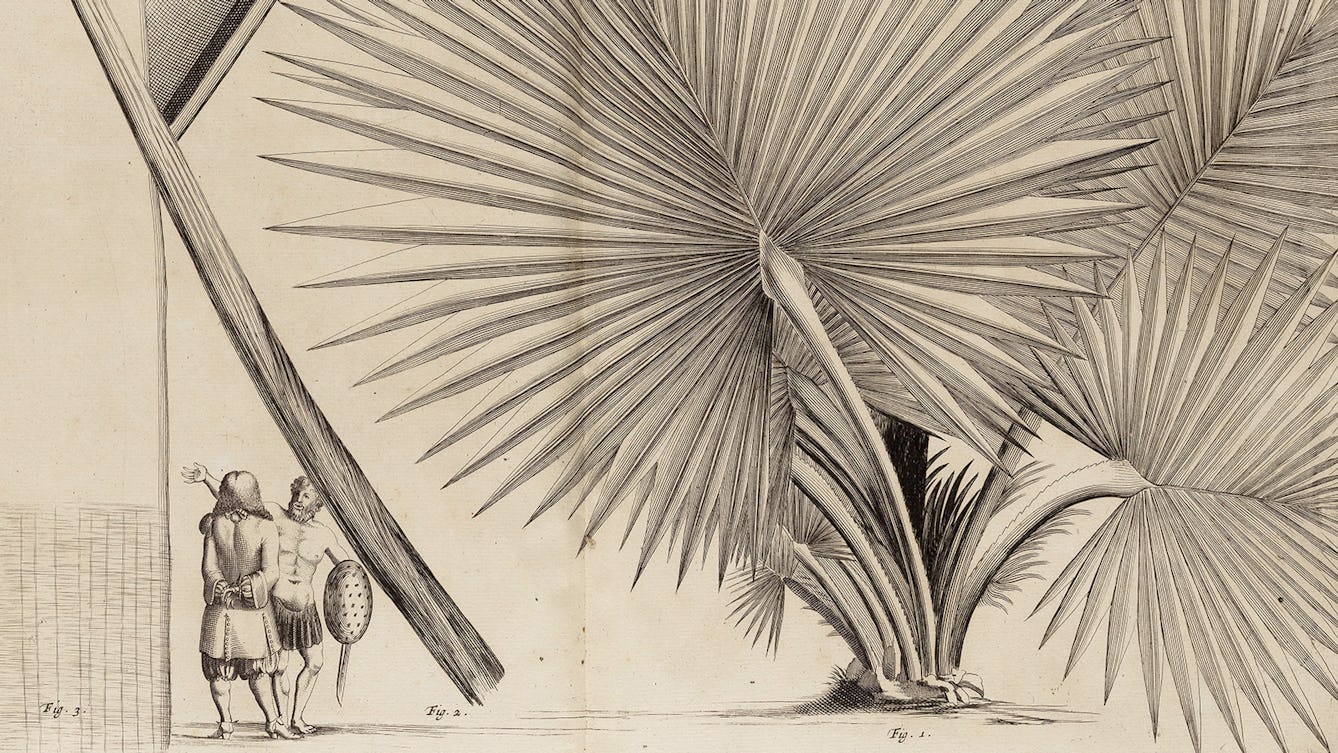
- Article
- Article
Indian botanicals and heritage wars
Colonial botanical texts, as astonishingly beautiful as they are, may cast very dark shadows.

- Article
- Article
Natural eating in Jamaica and the Caribbean
Riaz Phillips is passionate about the Jamaican food he grew up with and plant-based Caribbean food he came to later, like roti, baiganee and vegan stews and curries. Here he explores the origins and surging popularity of these natural ‘health foods’.

- Article
- Article
Why are women more willing donors than men?
Why is there a gender imbalance when it comes to the donation of organs, blood and tissue, and what can be done about it?

- Article
- Article
A history of mindfulness
Matt Drage questions how an ancient religious practice became a secular cure for stress.

- Article
- Article
The solidarity of sickness
Visiting an injured friend in hospital prompts writer Sinéad Gleeson to reflect on the instant rapport forged between compatriots in the kingdom of the sick.
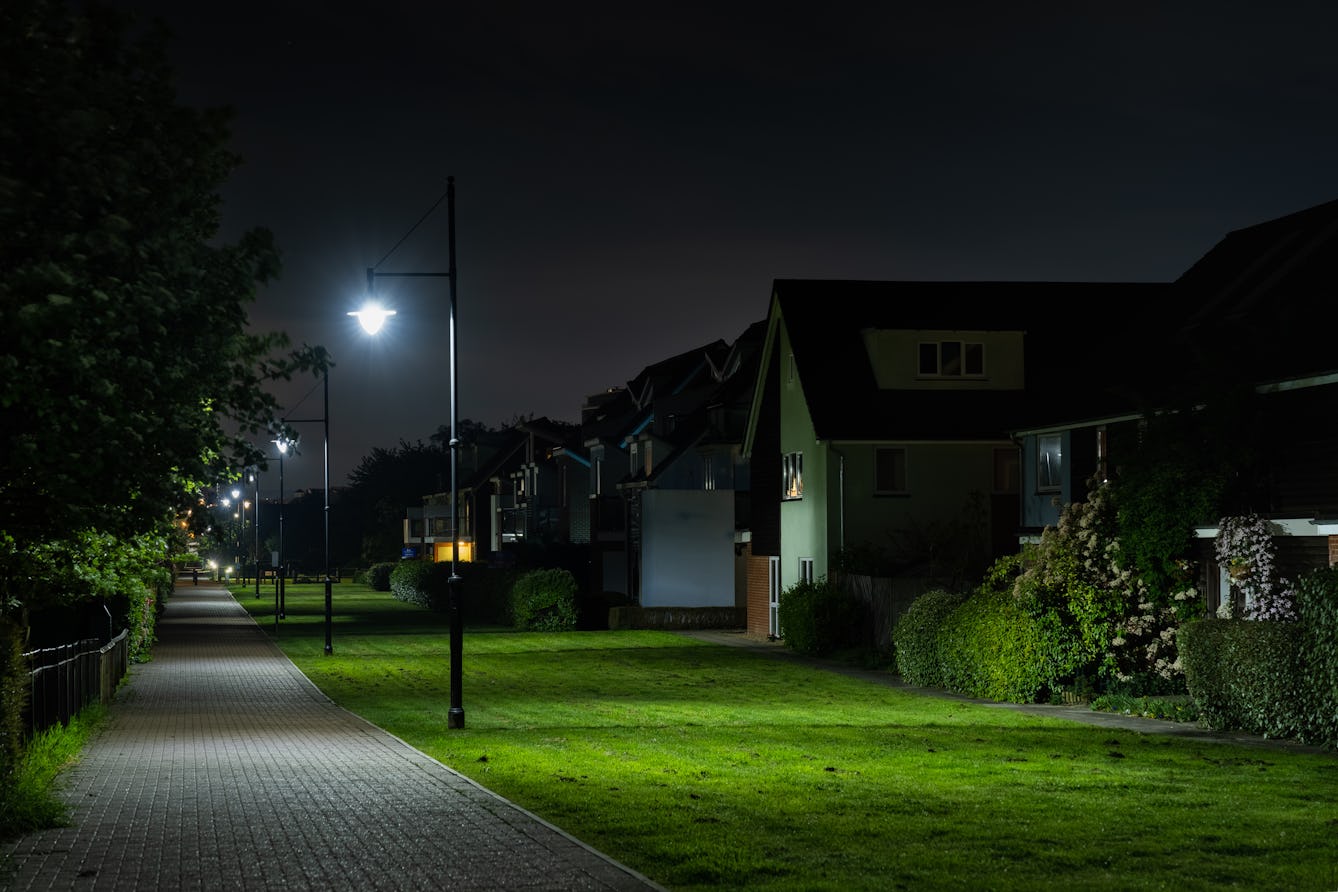
- Long read
- Long read
Our complicated love affair with light
Sunlight is essential, but our relationship with artificial light is less clear cut. It expands what’s possible; it also obscures and polices. In this long read, Lauren Collee pits light against night, and reveals the shady places in between.

- Article
- Article
The unearthly children of science fiction’s Cold War
In the 1950s a new figure emerged in British novels, film and television: a disturbing young alien that revealed postwar society’s fear of the unruly power of teenagers.